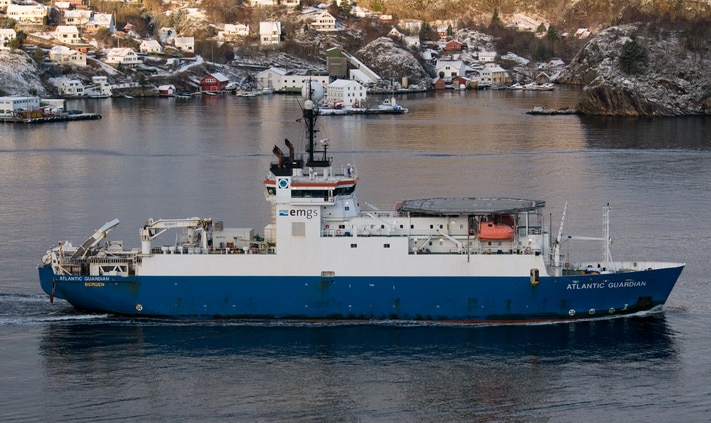Encouraging partner employment in oil & gas with non-profit, international initiative Permits Foundation – to make it easier for expat spouses and partners to gain employment.
Enabling Expatriate Partner Employment in Oil & Gas
Anyone in the exploration industry who has worked abroad would agree that it is important that all family members are happy with an expat posting, including ensuring a spouse or partner can find suitable employment.
Françoise van Roosmalen explains how Permits Foundation can assist in this.
What is Permits Foundation?
Permits Foundation is an international non-profit initiative, established in 2001, which aims to encourage governments to improve work permit regulations to make it easier for spouses and partners of expatriate staff to gain employment during an international assignment. More than 40 major international companies have joined the Foundation because dual careers are such a key factor in employee diversity and mobility
What prompted its start-up?
The founding companies recognized the needs of expatriate families and the growth of dual careers, so partners could continue working or, at least, have the choice to do so. It raised the idea of working together globally to address an issue that affects men and women of all nationalities all over the world and is essential for equal opportunity and diversity. It also creates a more attractive climate for international mobility; governments and companies realized that partner access to employment in the host country was a key factor in attracting and retaining talent.
The Foundation has grown rapidly, demonstrating the breadth of concern and quality of support for international dual careers in both the private and public sector.
How do you work with governments and employers?
Françoise looks after sponsor relations and accounts for Permits Foundation. Her colleagues include international advocacy advisor Helen Frew and and Foundation director Michiel van Campen. Photo credit: Permits Foundation.
Our goal is for recognized partners to be allowed to work on their ‘dependent’ pass, without further bureaucracy. Each country needs an individual approach, though there are common steps in planning every campaign. We start by checking the current status of family members in the country’s immigration legislation and we meet with companies in the country to get a feel for the wider social, political and economic context and whether there is potential for change. If this is positive, we form a local network of our sponsor companies and others who can advise us on the legal aspects and government relations.
The next step is to identify key decision makers and other stakeholders and find whether the change needs an act of parliament or a ministerial decision. We gather local evidence and prepare a position paper, write letters and organize meetings with policy staff, members of parliament and ministers of state, as the local circumstances require.
We approach it constructively and diplomatically, sharing best practice from other countries and providing evidence from surveys of employers, expat employees and partners to show the importance of allowing partners to work. We cover the economic benefits of attracting highly qualified talent to support investment and growth, as well as the positive impacts on adjustment and integration, health, and well-being.
Policy changes do not happen overnight – we need to be patient and persistent. But with many countries now allowing spouses, partners and sometimes children to work, it is clear that working together through Permits Foundation creates a triple win for countries, employers and families!
What are your major successes to date?
Since we started, 30 countries now permit spouses or partners to work and there are clear signs of a growing trend to acknowledge family needs, including the recognition of unmarried and same-sex partners.
Currently, almost all European or EU countries allow family members of skilled foreign workers to work, either under national provisions or the EU Blue Card or Intra Corporate Directive (ICT) scheme. As an example, the ICT Directive proposal did not initially include a provision to enable direct access to work for spouses or partners of transferees, but thanks to our advocacy, this was included in the final Directive. We have been successful in influencing change in the USA, Hong Kong, Japan and more recently in Brazil, and are continuing to make headway in India, engaging further in South Africa and exploring opportunities in China. Finally, faced with immigration challenges in the UK (Brexit) and US, we are working actively to prevent policy roll-back.
What can we do?
Now that you have learned about our global advocacy work and the positive impact it has on dual careers, we encourage you to raise awareness of Permits Foundation (www.permitsfoundation.com) within your organization and wider network. We are also interested in receiving feedback from anyone who has experience of applying for a work permit in any country that does not yet allow partners to work on their dependent permit.




